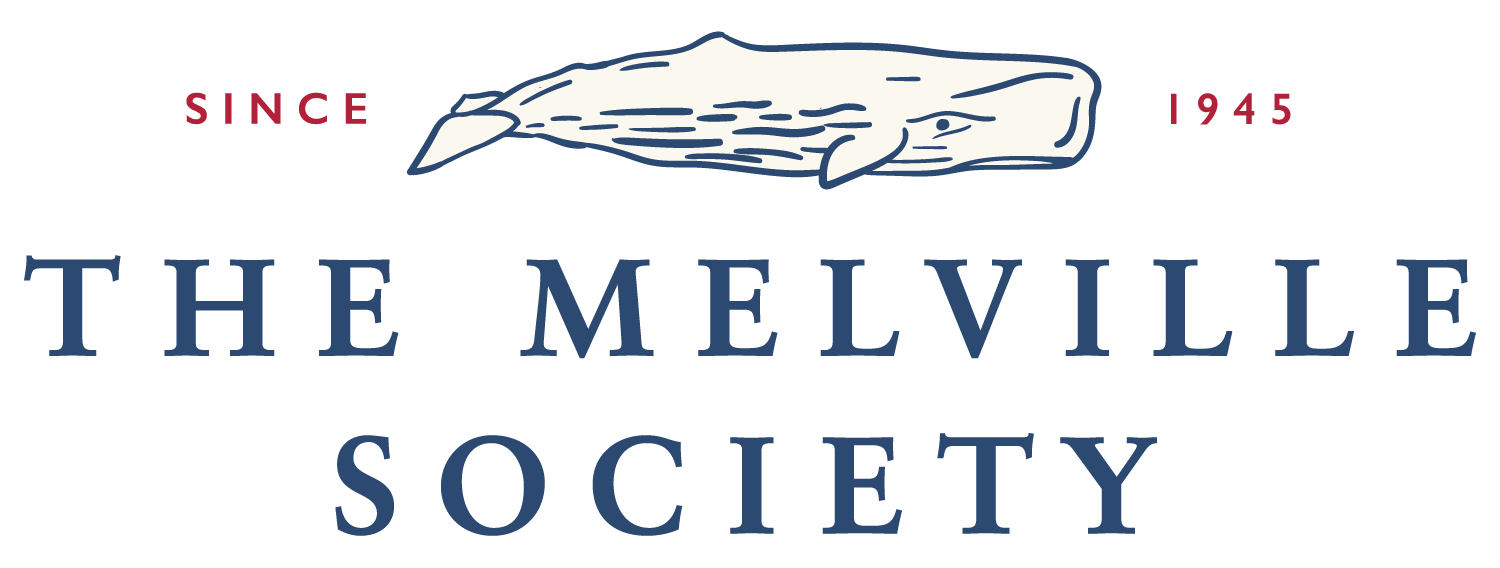2021 Hennig Cohen Prize Award
The 2021 Hennig Cohen Prize has been awarded to Daniel Diez Couch and Michael Anthony Nicholson, for their article, “Silent Eloquence: Literary Extracts, the Aesthetics of Disability, and Melville’s ‘Fragments,’” which was published in Leviathan: A Journal of Melville Studies.
This prize honors the memory of Hennig Cohen with an annual award for the best article, book chapter, or essay in a book about Herman Melville. The award is typically made in the year after the article or chapter was published.
The Hennig Cohen Prize Committee comments on this year’s winners:
We are pleased to announce that the Hennig Cohen Prize for 2021 goes to Daniel Diez Couch and Michael Anthony Nicholson for their article “Silent Eloquence: Literary Extracts, the Aesthetics of Disability, and Melville’s ‘Fragments,’” which was published in Leviathan: A Journal of Melville Studies. Theirs is an illuminating exploration of Melville’s first published work “Fragments from a Writing Desk” (1839), a diptych in which the narrator L.A.V. constructs his authorial control using citations and fragments in Part 1, only to have that control undone by the more sophisticated modes of address displayed by Inamorata, the deaf protagonist of Part 2. Couch and Nicholson situate Part 1 of “Fragments” in the print culture tradition of “literary beauties,” or compilations of popular writing meant to provide “moral and aesthetic instructions,” often to an imagined passive or amateur female readership. In Part 2, L.A.V. is lured away from his comfortable writing desk by the mysterious beauty Inamorata, who, through her deafness and multisensory modes of communication, stuns and silences L.A.V. and his previous authorial certainty. Inamorata’s expressiveness “supersedes the gendered citational conventions that L.A.V. seeks to uphold, thereby establishing a more inclusive paradigm of beauty.” By placing “Fragments” in the broader context of the emerging deaf education movement of the early nineteenth century and increasing depictions of deaf characters by both hearing and deaf authors, Couch and Nicholson convincingly argue that Melville’s characterization of Inamorata is part of a “growing awareness of the deaf and disabled” and is responsive to “a deaf American literature and culture that underscored the expressive eloquence of previously disregarded voices.” An innovative reading of both form and disability, Couch and Nicholson provide new avenues of scholarly inquiry and deepen our understanding of Melville’s early career.
Nominations, including self-nominations, for the 2022 Hennig Cohen Prize should be sent to hennigcohenprize@gmail.com by Sept. 15, 2023. The nominated essay, article, or book chapter should have been published in 2022.
